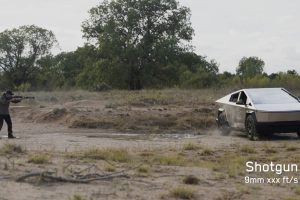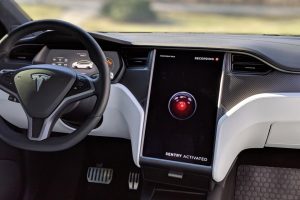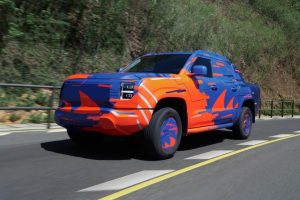Elon Musk has tested positive for COVID-19 for the second time, but the Tesla and SpaceX CEO is skeptical. Musk said he’s “supposedly” tested positive for the virus while criticizing the numerous variants of the virus, asking, “How many gene changes before it’s not Covid-19 anymore?” Musk confirmed he is nearly asymptomatic, which is sometimes a manner of the virus in humans.
Musk confirmed early this morning he has tested positive once again; the first time was in November 2020. “Covid-19 is the virus of Theseus,” Musk Tweeted shortly after 4 AM EST. “How many gene changes before it’s not Covid-19 anymore? I supposedly have it again (sigh), but almost no symptoms,” the CEO and world’s richest person concluded.
Skeptical of either the severity of the virus or the media’s coverage that made the virus a scare campaign against people, Musk was not convinced he was in danger when first testing positive in November 2020. “Something extremely bogus is going on,” Musk Tweeted on November 13, 2020. “Was tested for covid four times today. Two tests came back negative, and two came back positive. Same machine, same test, same nurse. Rapid antigen test from BD.”
Musk said he decided to get tested in late 2020 due to “symptoms of a typical cold.” He did not indicate why he chose to get tested recently.
Despite a relative decrease in cases over the past few months, Tesla has been hit directly by a new wave of the virus that has spiked the number of infections. The company’s facility in China, known as Gigafactory Shanghai, halted operations this morning after a spike in cases. Cases in the United States have calmed, leading to various areas lifting mask mandates, including in New York City and the State of California, where restrictions during the pandemic’s peak were the most strict.
Musk was skeptical regarding statistics surrounding the COVID-19 virus in 2020. Musk hinted that he believed false positives on tests contributed to an increase in cases. “If it’s happening to me, it’s happening to others,” he said. He also indicated that revenues received by companies that manufactured the tests were likely not bogus and remarkably consistent, agreeing with a follower who shared that opinion.





